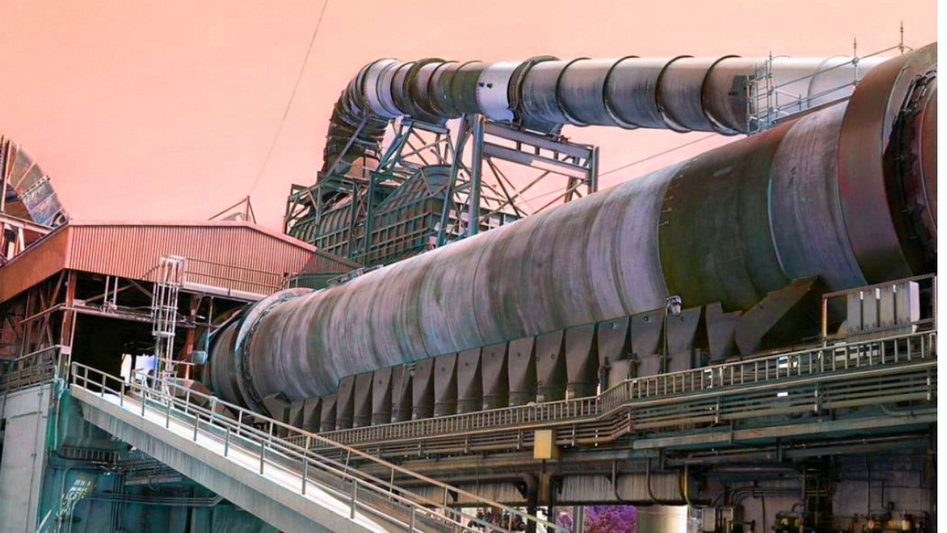Traditionally, waste tires posed a significant environmental burden. Fortunately, their abundance and highly combustible nature makes them a promising alternative fuel source.
The decarburization, green cement movement and the quest for sustainable energy solutions have placed a spotlight on tires as a valuable fuel source. However, harnessing this potential requires meticulous handling to ensure efficient combustion and protect equipment. At Delta Ducon we explore the proper handling of tires for use as an alternative fuel, emphasizing crucial steps like shredding, metal removal, and particle size control. By highlighting lessons Delta Ducon has learned from past challenges with oversized particles and metal contamination, we aim to pave the way for a safer, more efficient, and environmentally responsible approach to utilizing tires as fuel.

TDF offers numerous advantages:
Reduced reliance on fossil fuels
Converting waste tires into fuel alleviates landfill pressure and reduces environmental pollution.
Waste disposal solution
Converting waste tires into fuel alleviates landfill pressure and reduces environmental pollution.
Energy recovery
TDF recovers valuable energy from a readily available resource, promoting resource efficiency.
Learning from Experience:
The use of tires in cement kilns and industrial boilers is not new. However, past experiences highlight the importance of proper handling:
Oversized particles
Early attempts with large tire chunks resulted in inefficient combustion, equipment damage, and operational challenges.
Metal contamination
The failure to remove steel belts has led to blockages, equipment downtime, and costly repairs.
These experiences underscore the need for meticulous shredding, metal removal, and particle size control for successful TDF utilization.
By implementing proper handling practices, TDF can be a valuable and sustainable alternative fuel source. Embracing responsible shredding, metal removal, and particle size control techniques paves the way for efficient energy recovery, reduced environmental impact, and protection of valuable equipment. As the green cement movement and alternative fuel industries continue to evolve, prioritizing proper tire handling remains key to unlocking the full potential of this transformative resource.
Delta Ducon’s expertise in pneumatic conveying, feeding and transfer of TDF and TDF Ash/Dust, can significantly contribute to the efficient and environmentally responsible processing of TDF.
-
Effectively convey shredded tires throughout the facility
-
Facilitate controlled feeding of TDF into the combustion chamber
-
Manage the dust and ash generated during TDF combustion
These solutions can play a vital role in optimizing the TDF process while minimizing environmental impact.










